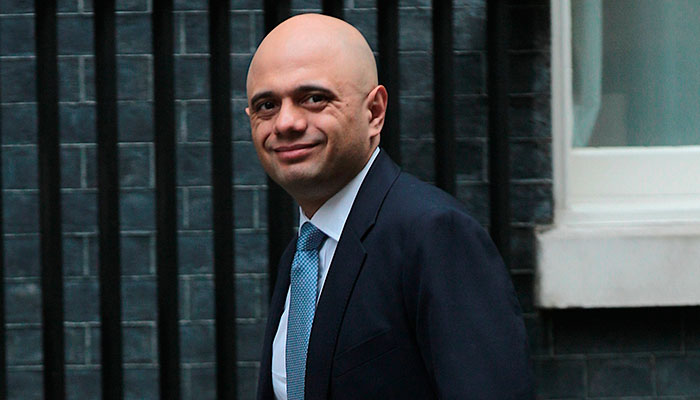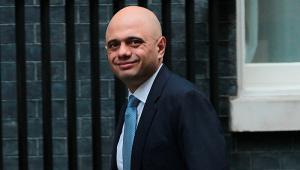
He has also set out plans to allow councils to retain 75% of their business rates and a 1% increase in council tax raising powers, revealing the local government settlement in the House of Commons.
Javid confirmed plans to end the revenue support grant and allow councils to retain 100% of local business rates by 2020 would be put on hold, over concerns that some councils could be left out of pocket.
Instead, he said there needed to be an “updated and more responsive distribution methodology”, and that councils would be allowed to retain 75% of business rates by 2020/21.
He said: “I am today publishing a formal consultation on a review of relative needs and resources.
“I aim to implement a new system based on its findings in 2020/21.”
In addition, he announced 10 further councils would be taking part in a pilot to retain 100% of their business rates.
He also responded to concerns over “negative” RSG – where local authorities could end up paying money back to central government under the current system.
Javid said: “One particular issue that has caused concerns for some councils is the so-called negative Revenue Support Grant.
“I do recognise the strength of feeling in local government around this issue. So I can confirm that my department will be looking at fair and affordable options for dealing with negative RSG and we will formally consult on proposals in the spring.”
He also announced that councils would be allowed to increase their Council Tax requirement by an additional 1% without a local referendum, bringing it in line with inflation.
Other announcements included:
- a continuation of the capital receipts flexibility programme for a further three years, to allow councils to use sales of their assets flexibly.
- New Homes Bonus baseline will be maintained at 0.4%.
- increase the Rural Services Delivery Grant by £15 million in 2018 to 2019
- £12 Council Tax flexibility for police services – raising an additional £139 million next year.











